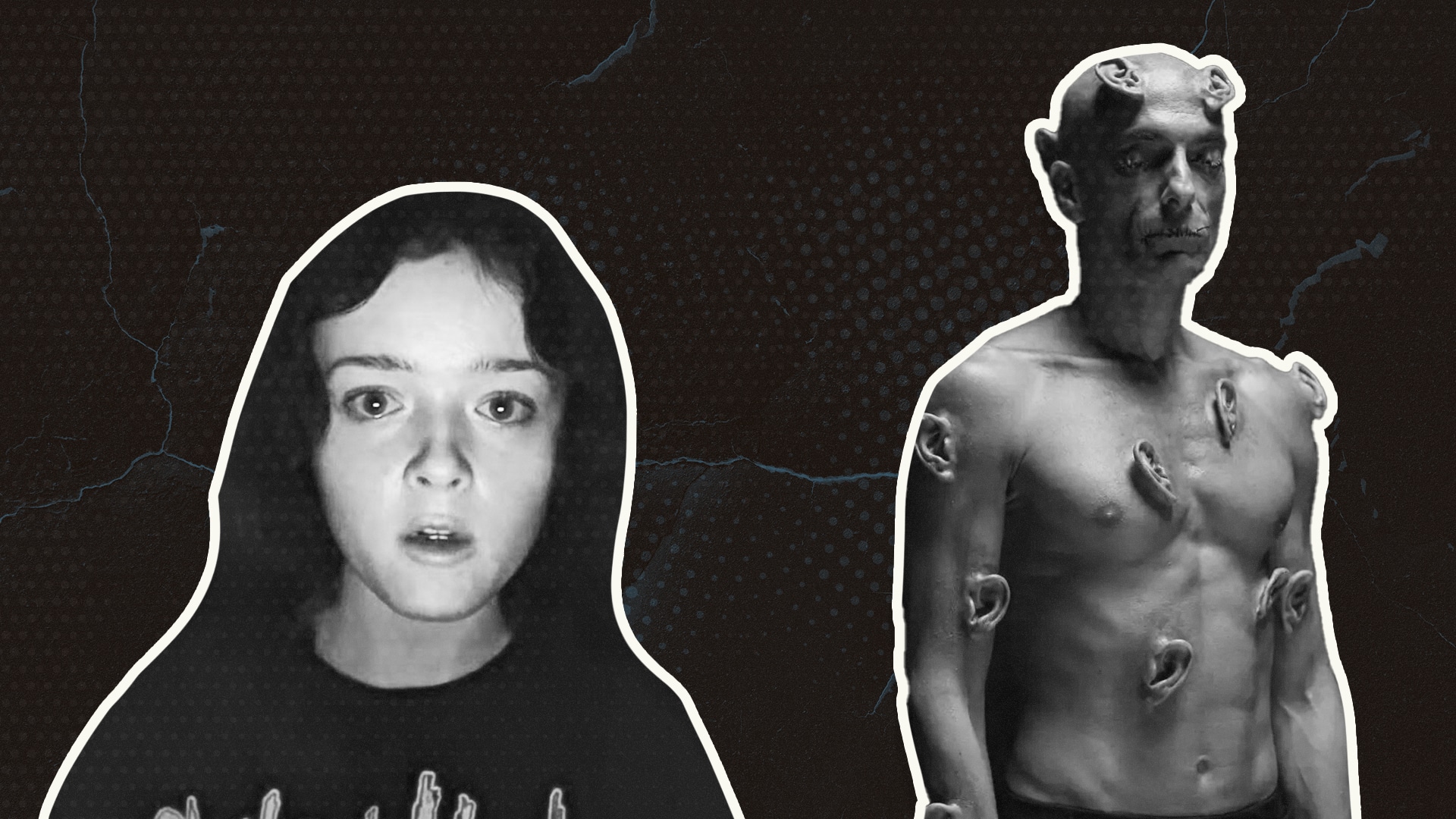As we arrive at the year’s halfway point, here’s eight of the most innovative and exciting films 2022’s offered so far. These movies’ stories range from high-speed pursuits across the L.A. freeway to slow cinema descents into Calabrian caves to intimate and terrifying late-night sessions in the darkest corners of the internet. Yet beyond their disparate narratives, each of these movies distinguish themselves with wholly unique image-making, deeply attuned to their characters, the worlds they inhabit, and new potentials cinema can offer.
Ambulance (Michael Bay)
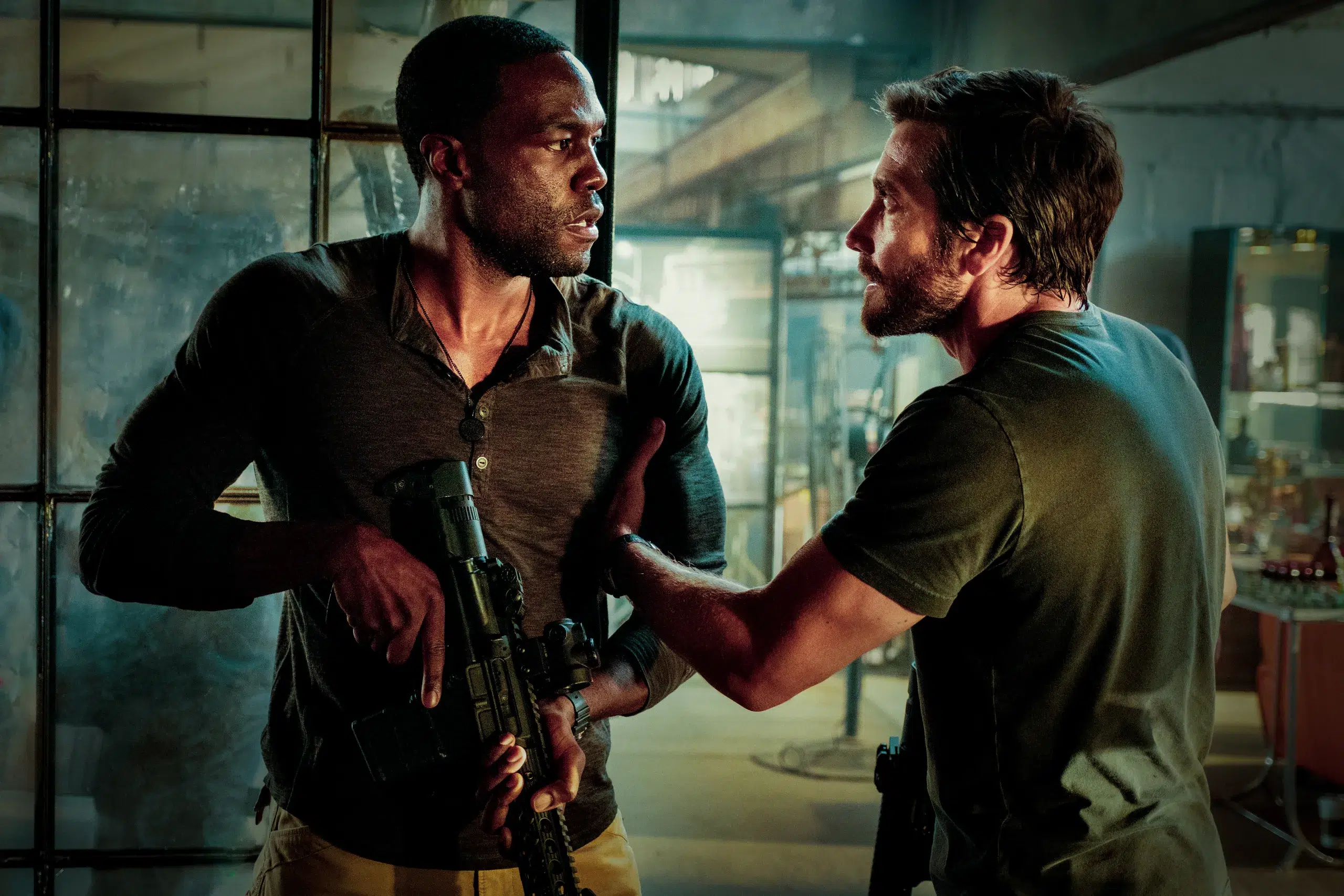
Michael Bay’s penchant for all-American bombast has scarcely felt as finely-tuned as Ambulance: a pulpy heist-turned-getaway actioner told with disorienting glee. In kaleidoscopic excess, Bay’s camera rockets between perspectives. Fast-gliding drone shots align us with the POVs of frantic vehicles, both aerial and automobile. Bay’s camerawork is hyper-active and clearly assembled from endless hours’ worth of footage shot as coverage. In the tradition of Tony Scott and Michael Mann, Ambulance is a triumph of digital action filmmaking, where the camera is an active participant in the action, rather than a mere documenter of individual bodies’ motions. With Ambulance, Michael Bay achieves his destiny, crafting a divine B-movie drenched in gallons of blood, sweat, and gasoline.
Il Buco (Michelangelo Frammartino)
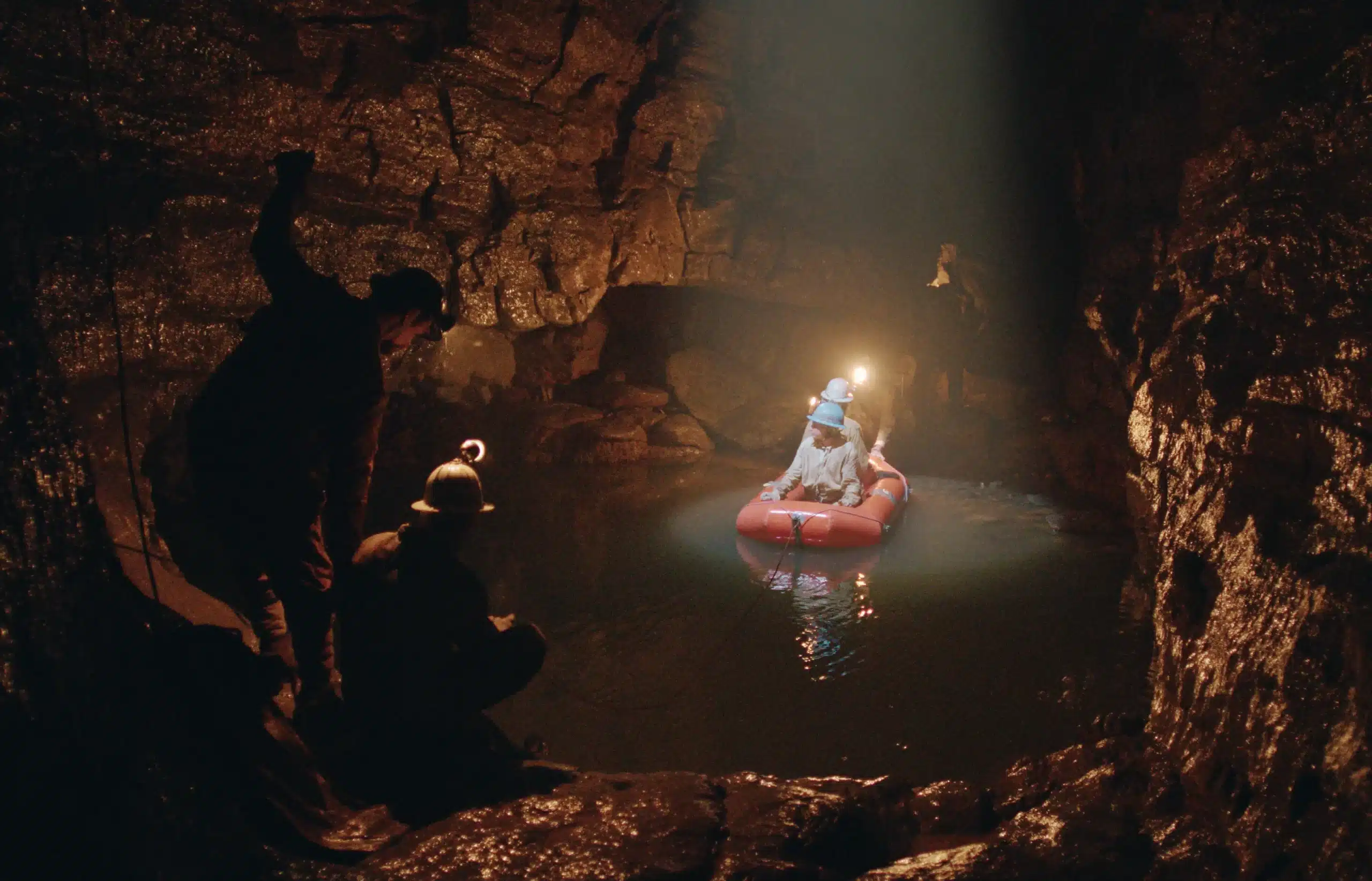
Michelangelo Frammartino’s Il Buco unfolds in early-1960s Italy during the mass urbanisation of the Italian economic miracle. Through dialogueless re-enactment, the film follows a group of speleologists’ descent down a 683-metre cave in the Calabrian region of southwest Italy. Frammartino’s focus retreats from the widespread verticalism of the era, into the uncharted depths of the underground. The film wrestles with the relationship between urbanisation and nature, vocalising an indictment of Italian industrialization’s colonising stampede. As a meditative spectacle, the cavespace offers an intoxicating ambiance where tosses of blazing torchlight spiral across endless shadows, briefly illuminating stretches of cavern walls far beneath the gaze of sunlight. The cave becomes a space resilient to the spread of modernity: a souvenir of slowness in an accelerating world. Il Buco floats with a ghostly sleepiness, using slow cinema to refute the spirit of industrialising conquest.
Crimes of the Future (David Cronenberg)
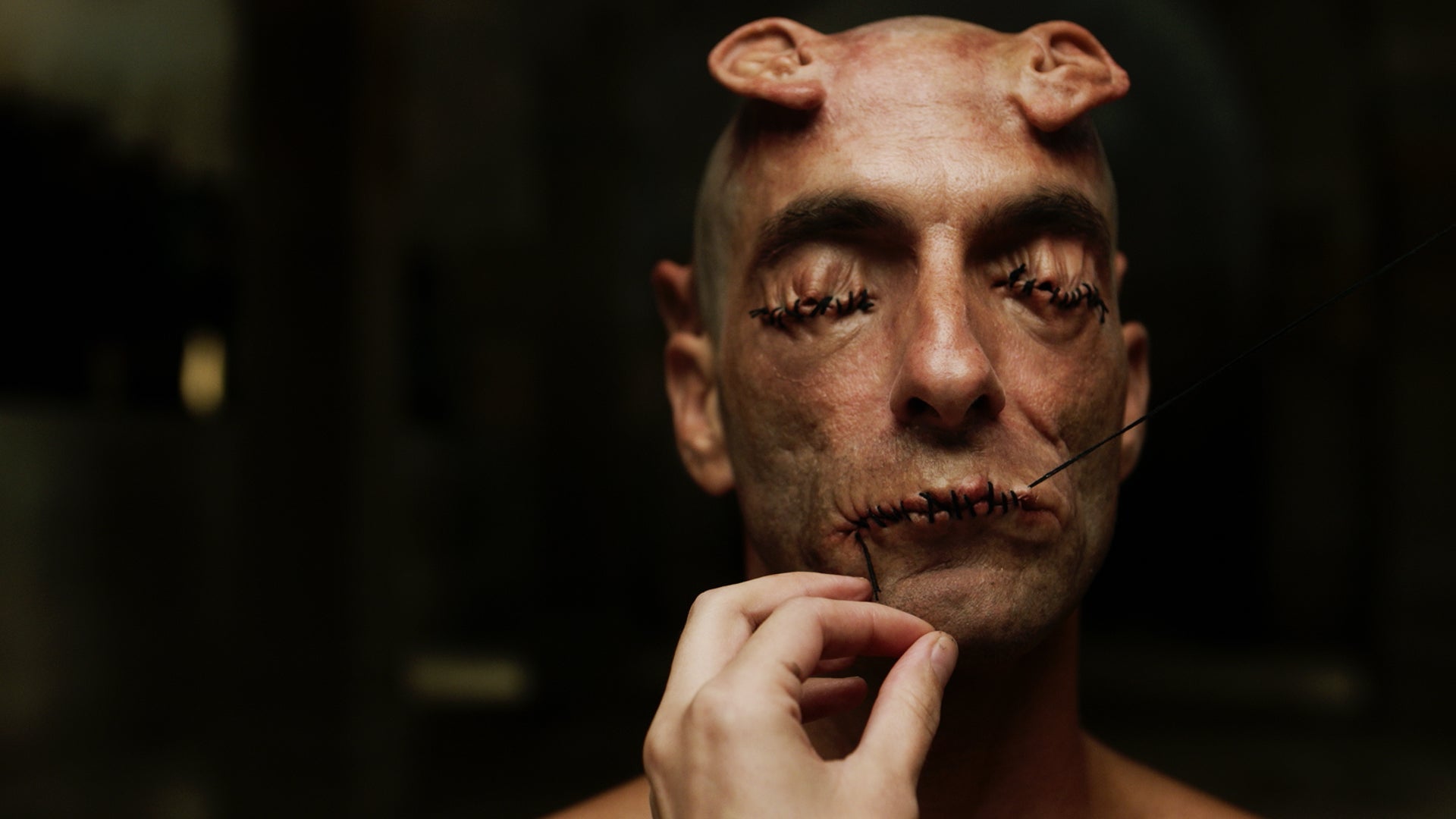
After eight years, David Cronenberg re-emerges with an aggressively late-style tango between his lifelong obsessions of technology and human evolution. Equal parts theoretical jargon and high camp, Crimes of the Future depicts a dystopian underground society of organ-growing performance art. Anchored by tongue-in-cheek ensemble performances from Viggo Mortensen, Léa Seydoux, and Kristen Stewart, the film unleashes a claustrophobic world of fleshy mise-en-scène and goofy eroticism. Cronenberg’s typical bodily ruminations become infused with the elegiac reflexivity of an older man and the immediacy of an era of omnipresent turmoil. Nonetheless, his transhumanist musings have scarcely been as hopeful as the film’s finale, which concludes with a haunting, Bataillean image somewhere between pain, pleasure, and the possibilities their interplay opens up. Though Cronenberg has multiple forthcoming projects already in varying stages of development, Crimes of the Future plays as a moving coda to his career.
In Front of Your Face (Hong Sang-soo)

The title of Hong Sang-soo’s In Front of Your Face alludes to Sangok (the ex-actress protagonist)’s need to ground herself in the present. Nonetheless, past and future loom menacingly all around the film’s story. A life of stardom is behind Sangok, but it still bleeds into her present. Her future—marked by a terminal illness she keeps secret—is hardly ignorable either. The certitude of death hangs over every word and gesture Sangok makes. Her resolution to root herself in the present is the only remedy to a world where every interaction is replete with reminders of tragedy. Hong’s narrative structure actualizes Sangok’s philosophy. Like most of his films, the scenes exist as little interactions in the afterglow of more pronounced events. Hong lingers on the seemingly insignificant now, a time that may inevitably be forgotten in place of “bigger” events. His scenes are odes to what many would dismiss as insignificant. In Front of Your Face prompts a radical re-consideration of how we assign value to the events which comprise our day-to-day.
Limbo (Soi Cheang)
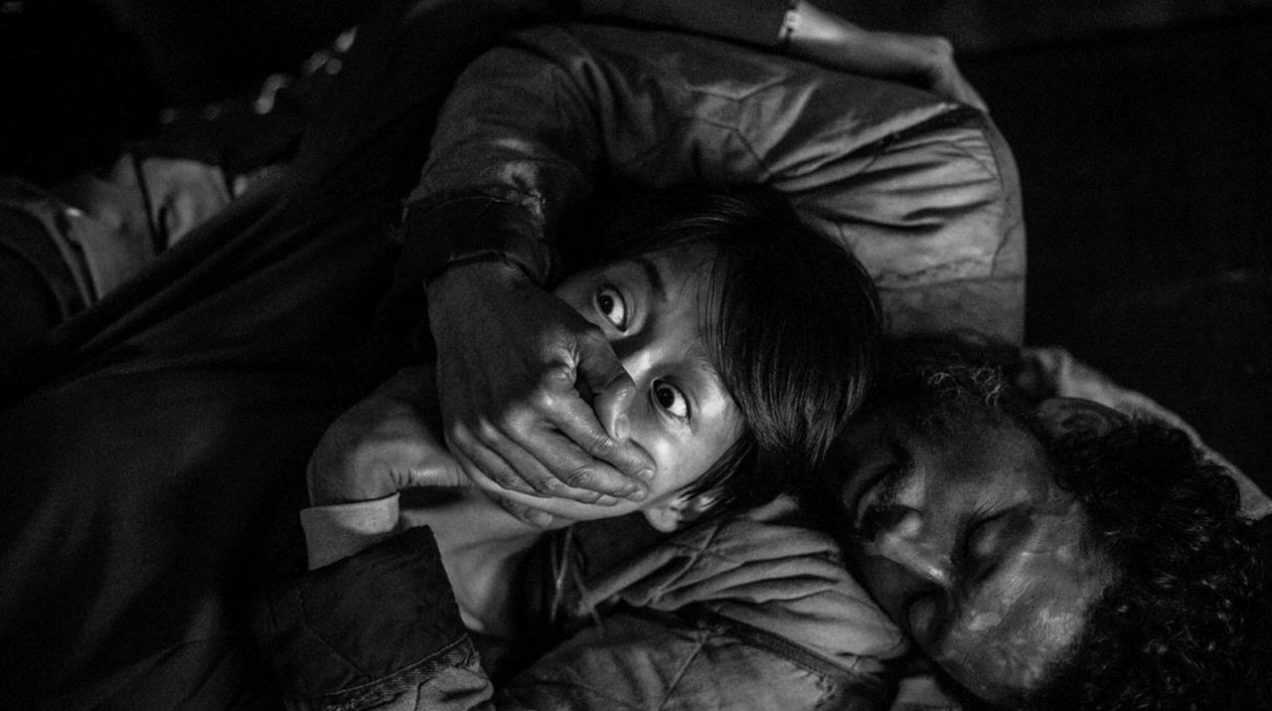
Soi Cheang’s Limbo walks a straight line through a procession of neo-noir tropes. Yet what elevates the film into an esteemed pantheon of serial killer procedurals is a visceral sense of place. As the title hammers out, Limbo captures Hong Kong as a void somewhere between the living and the dead. Haunted souls stomp through streets flooded with garbage and disembodied limbs. The city (the original novel by Lei Mi unfolded in Mainland China) embodies the interior wasteland of its inhabitants, burdened with a swampy sense of hopelessness. Yet the movie gradually peels back its apparent nihilism, the heft of the heartbreak playing out across the expressive faces of Gordon Lam and Yase Liu. Limbo is a ghostly study of characters imprisoned by their traumas and the places they fasten as their prisons.
Mariner of the Mountains (Karim Aïnouz)
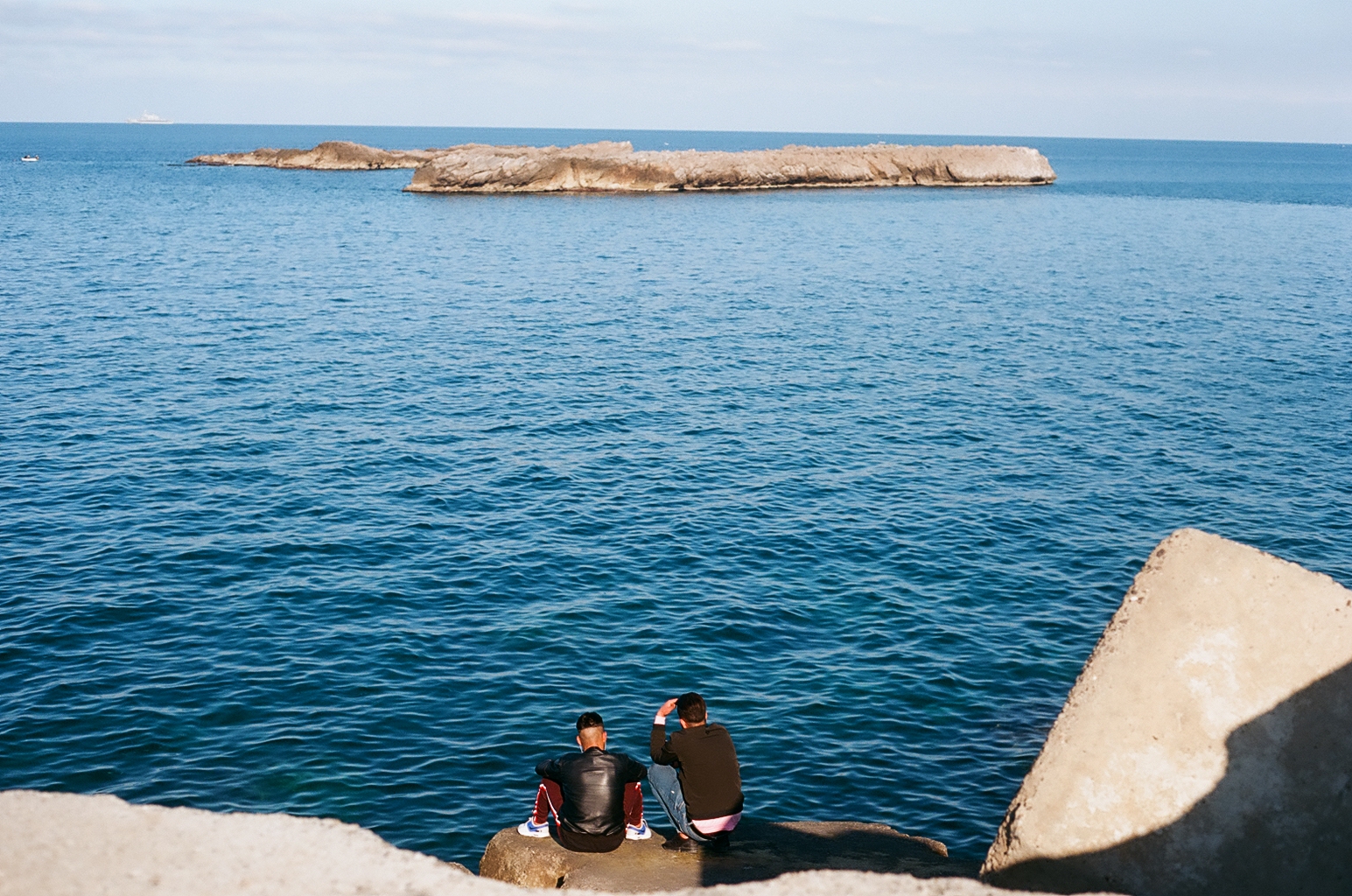
Born to a Brazilian mother and Algerian father, Karim Aïnouz grew up in Fortaleza, completely separate from both his estranged father and his paternal homeland. Mariner of the Mountains, his latest film, is a synthesis of documentary forms: travelogue, essay film, reflexive documentary, dream journal, memoir, etc. Yet the assortment of techniques all collide into a film composed with the fragmented intimacy of a diary’s messy scrawl. Aïnouz investigates feelings of non-belonging, documenting his trip to Algeria through an epistolary narration addressed to his late mother. The film exists somewhere in the intercontinental space between Brazil and Algeria: two states whose revolutionary potential never came into full fruition. Aïnouz drifts through dreams of post-colonial sovereignties, imagining futures beyond the division of borders. The film blends images of land, water, and outer space, questioning the foundations of identity and the ways we constitute difference.
Pygmalion’s Ugly Season (Jacolby Satterwhite)
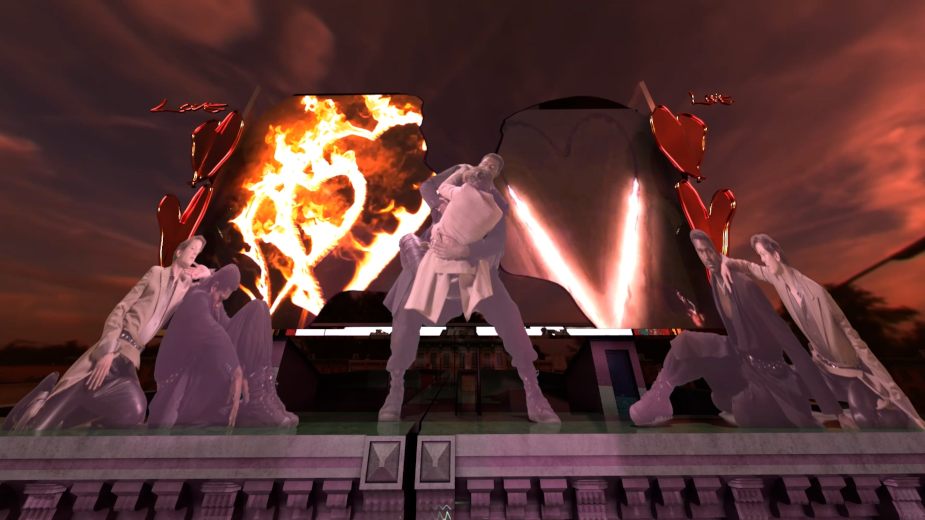
Jacolby Satterwhite is a postmodern video artist and unparalleled green screen wizard. His latest, Pygmalion’s Ugly Season, is a companion to Perfume Genius’ surreal avant-garde pop masterwork. Satterwhite’s images emphasize both the madcap goofiness and tenderness of Perfume Genius’ music: elements often overshadowed by the album’s unnerving passages of orchestral brood. The film imagines a queer utopia represented in landscapes of 3D saturated and computer-generated artifice. Eroticized male bodies dance across synthetic architecture and communities form through touch and movement. Satterwhite’s film presents a queer utopia divorced from all notions of purity, aesthetic or otherwise: a liberating rapture of hyper-digital images.
We’re All Going to the World’s Fair (Jane Schoenbrun)
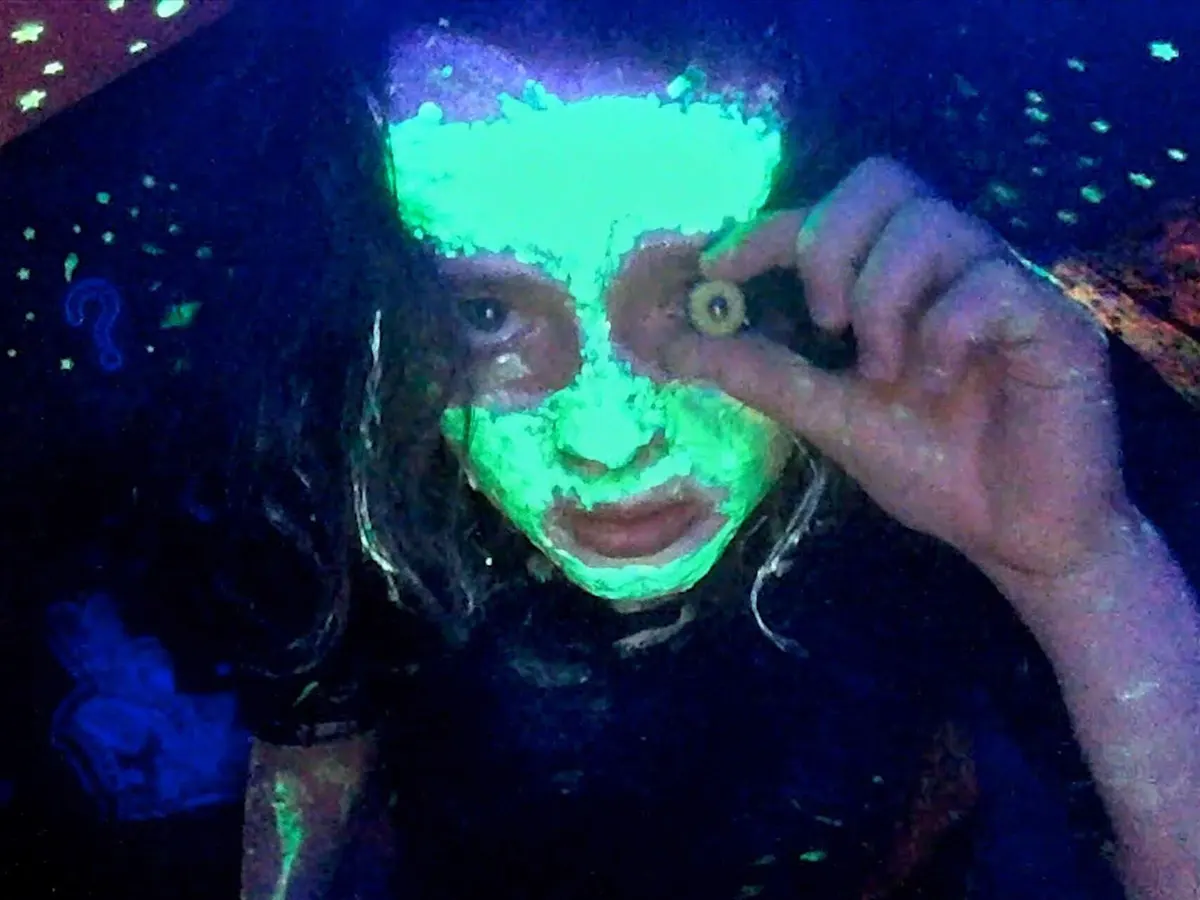
Like a re-imagining of Joyce Chopra’s Smooth Talk transposed onto the desolate alleys of the internet, Jane Schoenbrun’s We’re All Going to the World’s Fair is a coming-of-age drama about adolescent performances and the strange spectators they attract. Nonetheless, Schoenbrun isn’t content to merely graft old ideas onto a new platform. Her representation of internet space is perhaps the most accomplished of any filmmaker to date. A majority of the film unfolds from the perspective of computer screens. Ingeniously, video streaming autoplays enact an associative flow of images: video selections curated from characters’ digital footprints. We come to learn about characters not just through their words and actions, but also how the algorithm interprets their psyches from their internet histories. Schoenbrun’s storytelling excels through the originality of its visual language, deeply attuned to the melancholia and alienation of a life lived online.
